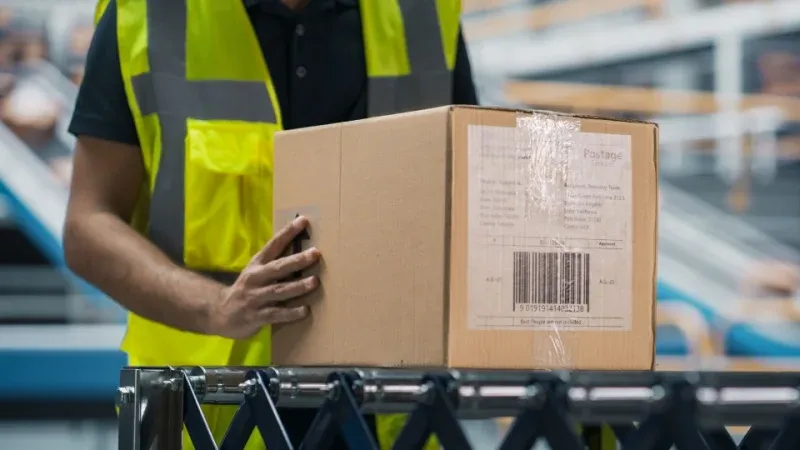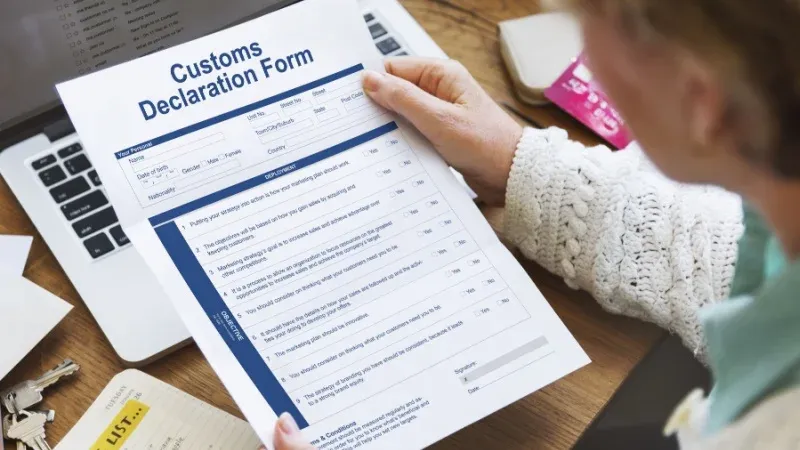Customs clearance is a crucial step for businesses involved in importing and exporting goods in Qatar. Understanding the process helps ensure smooth and timely delivery of shipments while avoiding costly delays or fines. Customs regulations in Qatar can be complex, covering documentation, duties, and inspections. Whether you are a first-time importer or an experienced trader, knowing how customs clearance works is essential.
In this blog, let’s discover all about customs clearance in Qatar, including the regulations, required documentation, procedures, common challenges, and tips to help you navigate the process efficiently.
What is Customs Clearance?
Customs clearance is the official procedure through which shipments are approved by the customs authorities for entry into or exit from a country. This process involves verifying the legality of goods, assessing duties and taxes, and ensuring compliance with national regulations. In Qatar, the Qatar Customs Authority (QCA) oversees this process to regulate imports, exports, and transit goods, while protecting the local economy and ensuring security.
Step-by-Step Process for Customs Clearance in Qatar

The customs clearance in Qatar involves the following key steps:
Step 1: Pre-Shipment Preparation
Before goods leave the country of origin, ensure all documentation is complete and accurate. Engage a freight forwarder or customs broker experienced in Qatar regulations to help prepare for smooth clearance.
Step 2: Arrival and Declaration
When shipments arrive at the port or airport, they must be declared to Qatar Customs electronically. This includes submitting all relevant documents and a customs declaration form.
Step 3: Customs Inspection
Qatar Customs may inspect goods physically or via scanning equipment to verify contents and compliance. The level of inspection depends on the type of goods and risk assessment.
Step 4: Duty Assessment and Payment
Once inspected, customs officials assess the applicable duties and taxes. Payment must be made before the goods are released.
Step 5: Release and Delivery
After successful clearance and duty payment, goods are released for delivery to the importer or destination.
Suggested Read: Iconic Tourist Places to Visit in Qatar
Required Documentation for Customs Clearance in Qatar

The documents to be submitted for smooth customs clearance in Qatar are:
- Commercial Invoice
- Packing List
- Bill of Lading (sea) or Airway Bill (flight)
- Certificate of Origin (COO)
- Valid Import/Export License
- Customs Declaration Form
- Insurance Documents
- Health or Safety Certificates
Key Challenges in Customs Clearance in Qatar

Customs clearance in Qatar presents a myriad of challenges, which must be tackled for a seamless process. These include:
- Incomplete or inaccurate documentation can cause delays
- Misclassification of goods may lead to fines or additional duties
- High volumes of goods or detailed inspections can slow clearance
- Attempting to import prohibited items results in confiscation
- Miscommunication/language barriers lead to lack of coordination
Suggested Read: Things to Do in Qatar for an Incredible Holiday Experience
Tips for Smooth Customs Clearance in Qatar
To avoid any delays in customs clearance, opt for the following practices:
- Work with experienced customs brokers or freight forwarders familiar with Qatar regulation
- Prepare and double-check all documentation before shipment
- Classify goods correctly according to the Harmonized System (HS) codes
- Declare goods honestly and clearly to avoid suspicion
- Stay updated on customs rules in Qatar and prohibited items
- Plan for duty and tax payments in advance
- Use Qatar’s online customs portal for electronic submissions and tracking
- Maintain clear communication with all parties involved in shipping
Navigating customs clearance in Qatar might seem complex, but with the right knowledge and preparation, it can be a smooth experience. Whether you are an importer or exporter, staying informed and prepared is key to avoiding delays and extra costs. Choose Travelite for expert guidance and reliable support to help businesses efficiently manage customs clearance in Qatar. Get in touch with us today to enjoy a hassle-free customs process and focus on growing your business with confidence.
FAQ’s - Customs Clearance in Qatar
Key documents required for customs clearance in Qatar are the commercial invoice, packing list, bill of lading or airway bill, certificate of origin, and any applicable permits or licenses.
The duration of customs clearance in Qatar varies but usually ranges from a few hours to several days, depending on the shipment type, documentation, and inspections.
Yes, Qatar restricts or prohibits items such as certain medications, weapons, narcotics, and counterfeit goods. It’s important to check updated regulations before shipping.
Customs duties in Qatar typically range from 5% to 20%, but some goods may be exempt or subject to different rates. VAT is also applied according to the tax laws of Qatar.
Ensure all documents are accurate and complete, comply with Qatar’s import regulations, and work with experienced customs brokers or freight forwarders like Travelite for smooth processing.
























